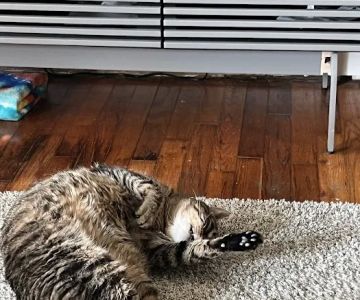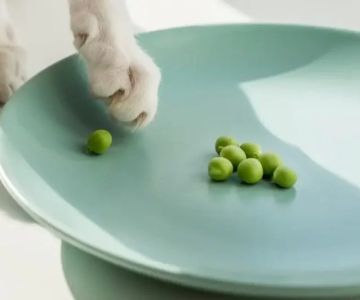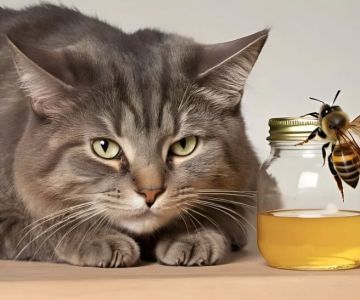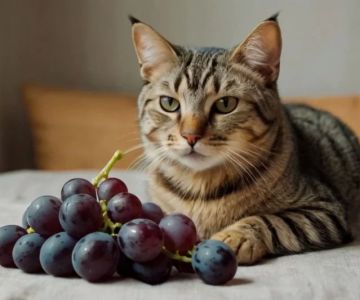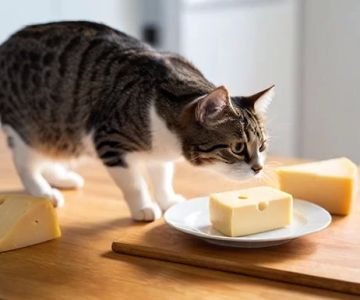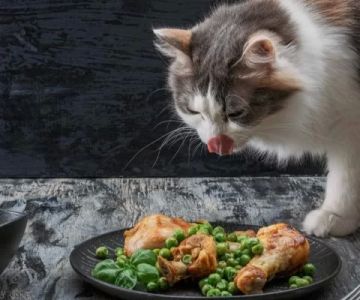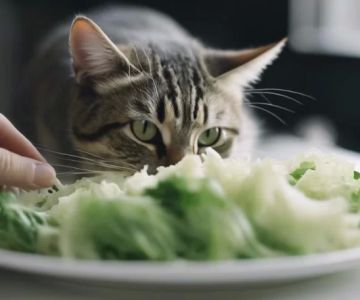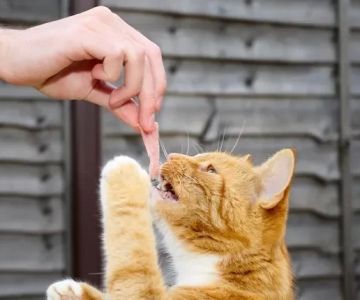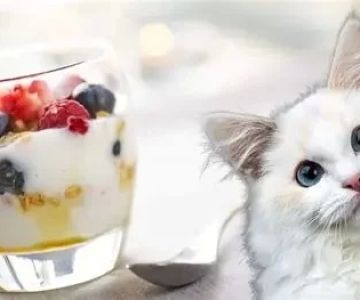- Introduction: Can Cats Eat Scrambled Tofu?
- Nutritional Value of Tofu for Cats
- Potential Risks of Feeding Scrambled Tofu to Cats
- Are There Better Alternatives for Cats?
- Final Thoughts on Feeding Scrambled Tofu to Cats
1. Introduction: Can Cats Eat Scrambled Tofu?
As pet owners, we often find ourselves wondering if certain human foods are safe for our feline friends. One common question is, can cats eat scrambled tofu? Tofu, made from soybeans, is a popular plant-based protein source, especially in vegan diets. While tofu can be a healthy food for humans, it’s important to assess whether it’s safe for cats.
In this article, we’ll explore the pros and cons of feeding tofu, particularly scrambled tofu, to cats. We’ll also provide insights into the nutritional value of tofu and discuss some suitable alternatives for your cat’s diet.
2. Nutritional Value of Tofu for Cats
Tofu is often praised for its high protein content and low-fat content, which can be beneficial for humans. However, cats are obligate carnivores, meaning their nutritional needs are different from ours. They require animal-based protein and specific nutrients like taurine, which tofu does not provide in adequate amounts.
Scrambled tofu, which is often prepared with oil, butter, or seasonings, can pose additional issues. While the tofu itself is a good source of plant protein, these added ingredients can be problematic for cats. For example, oils and butter may contribute unnecessary fats to a cat’s diet, and certain seasonings can be toxic, such as garlic and onions.
3. Potential Risks of Feeding Scrambled Tofu to Cats
While small amounts of tofu may not cause immediate harm to your cat, there are potential risks associated with feeding it regularly. Let’s dive into some of these risks:
- Digestive Issues: Cats have a sensitive digestive system and are not equipped to process large amounts of soy products, which may lead to upset stomachs, gas, or diarrhea.
- Lack of Essential Nutrients: Unlike meat, tofu lacks essential nutrients like taurine, arachidonic acid, and vitamin A, which are necessary for a cat’s health. Long-term consumption of tofu may result in nutritional deficiencies.
- Added Ingredients: Scrambled tofu is often prepared with butter, oils, and seasonings that can be harmful to cats. Butter and oils can contribute to obesity and pancreatitis, while seasonings like garlic and onion are toxic to felines.
4. Are There Better Alternatives for Cats?
While tofu might seem like an interesting alternative, there are much better options to ensure your cat’s health and well-being. Here are a few alternatives that are far more suitable for your cat:
- Cooked Meat: Cats thrive on animal protein, so cooked chicken, turkey, or beef are excellent protein sources. Just ensure the meat is free of bones, seasonings, and excessive fats.
- Commercial Cat Food: High-quality, nutritionally balanced cat food is always a safe option. These foods are formulated to meet all of your cat’s dietary requirements, including taurine and essential fatty acids.
- Fish: Cats love fish, and it’s a great source of protein and omega-3 fatty acids. Just be sure to remove any bones and avoid fish with added salt or seasonings.
- Cat-Safe Treats: There are many specially formulated cat treats on the market that are designed to be both tasty and nutritious for your feline friend.
5. Final Thoughts on Feeding Scrambled Tofu to Cats
While it may be tempting to share your scrambled tofu with your cat, it’s important to remember that cats have different dietary needs than humans. Tofu, particularly when scrambled with oils or seasonings, is not an ideal food for felines. It may not provide the necessary nutrients and could even cause digestive or health issues in the long run.
If you want to treat your cat to something special, there are plenty of safe and nutritious options available, such as cooked meat, fish, or commercially prepared cat food. Always consult with your veterinarian if you have any concerns about your cat’s diet or are considering introducing new foods into their routine.
For more expert advice and safe product recommendations, check out Hidden Brook Veterinary for the best pet care services and products.


